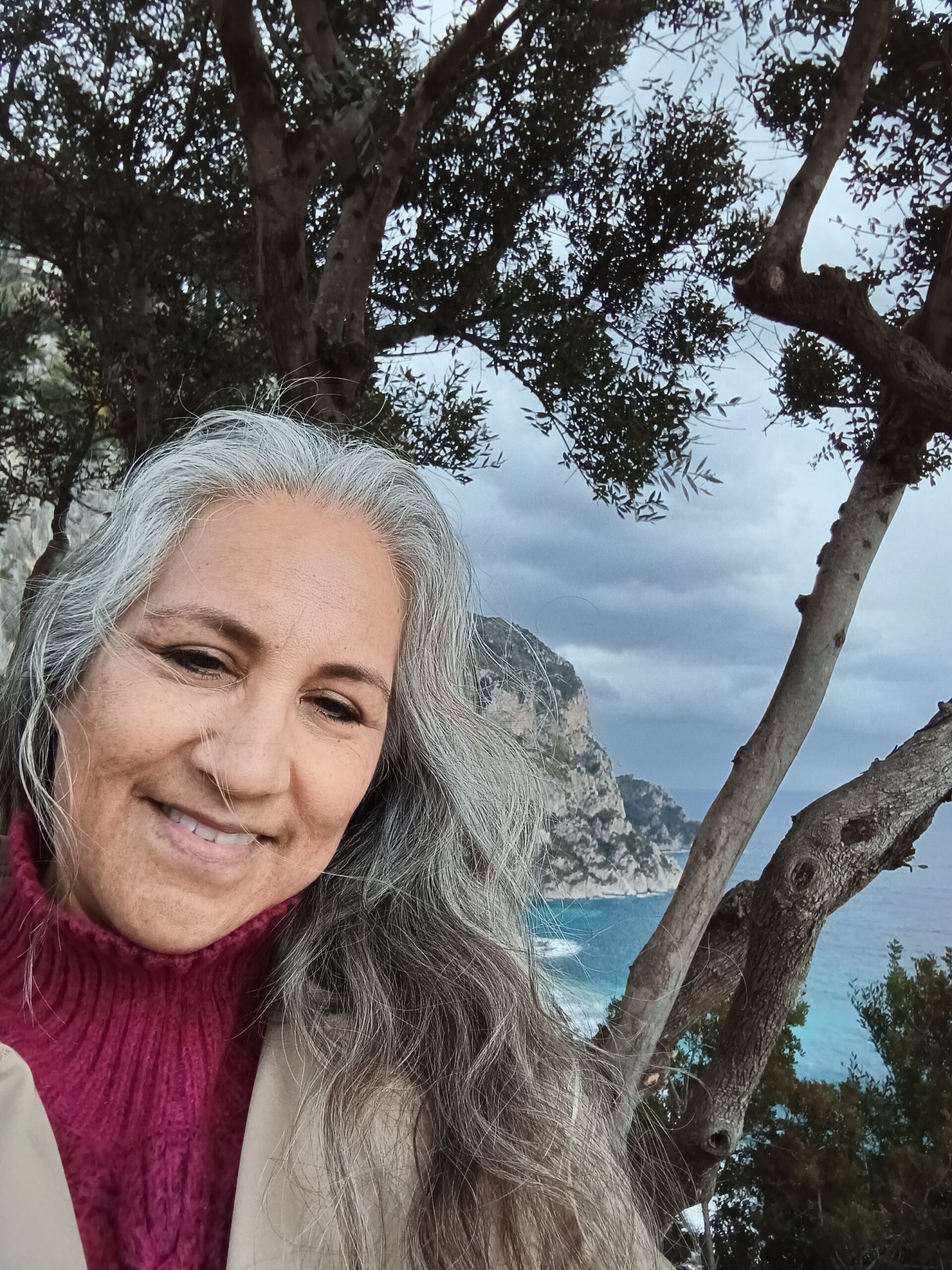
Athens Greece has been a dream since I first learned about mythology
Every since I was in 5th grade, I have dreamed of going to the places where the Greek gods were. I was most excited about my favorite goddess, Athena. The attributes I admired about her were her wisdom, peace, and the craft of weaving. I remember devouring mythology so that I could be transported to other spaces and time. I often fancied myself a little goddess or even a demi-goddess. Since I was adopted, I liked to invent stories behind who I was-I naturally became a pretty good storyteller-a weaver.
Wisdom is the attribute I most strive for. I want to possess the ability to think and act with knowledge, common sense, experience and insight. I aspire to use these qualities in my everyday life, but especially when working with children. My major, being early childhood education, affords me with the ability to contemplate the higher wisdom that children innately have. It also allows me the experience and understanding of what factors stifle that precious ability that children are born with, yet is side-railed as they hit puberty. How much of that is through the heedless pressure that adults place on them to be what society dictates and not what they are born to be?
We are in dire need of a Plato, Aristotle, Socrates and/or Pythagoras. Interestingly, these major schools of thought come from Greece. Wouldn’t it be fantastic to have these great minds available to children and young adults, to help them grow and nurture their critical thinking?
Early childhood education is not new. It began as far back as around 400 BC in Greece. Depending on your gender and social standing, you would receive training as a child for your future occupation. Plato’s academy was a great example of a holistic learning environment; outside in the fresh air, people respectfully discussing and learning from each other. It’s even said that Plato wanted to establish preschools with curriculum based on music, storytelling and games. He believed that children had defined knowledge and a teacher was meant to remind them of it. In this I disagree, I believe they have infinite knowledge and teachers are meant to give provocation for children to bring forth their understanding and compound on it in this world of senses. His pupil, Aristotle also wanted to develop mind and body, to help children create good habits and an enjoyment of learning through play.
I am on my way to Greece to further delve into the schools of thought and uncover more truths about early childhood education. Why re-invent the wheel? Lets bring it out of the past, share it with the children and let it naturally be a metamorphosis for them today.
